
Watson Luis
Про себе
The Role of Assessments in Shaping Nursing Education and Career Paths
Nursing is a rewarding and challenging profession that plays a critical role in healthcare systems around the world. Nurses are responsible for providing care, support, and education to patients in various settings, from hospitals to private clinics, ensuring the well-being of individuals and communities. As the healthcare landscape continues to evolve, nursing education must also adapt to meet the growing demands of the profession. Capella flexpath assessments offer nursing students a flexible and effective way to enhance their skills, validate their knowledge, and pave the way for a successful career in nursing.
The nursing profession requires a unique combination of academic knowledge and practical skills, along with empathy, compassion, and the ability to work under pressure. The path to becoming a nurse involves rigorous training, including classroom learning, clinical practice, and professional assessments. These assessments are vital in ensuring that nursing students acquire the necessary skills and competencies to care for patients effectively. Through well-designed assessments, nursing students can better understand their strengths and areas for improvement, allowing them to achieve their full potential as healthcare professionals.
Nursing Education and the Need for Comprehensive Assessments
A well-rounded nursing education equips students with the essential knowledge needed to handle a variety of healthcare situations. Topics such as anatomy, physiology, medical ethics, and pharmacology form the backbone of a nursing curriculum. These subjects ensure that nursing students have a deep understanding of the human body, medical procedures, and the impact of various treatments on patient health. However, theory alone is not enough to prepare students for the challenges they will face in their careers. Hands-on clinical experience and assessments are equally important, allowing students to develop practical skills that will help them provide the best possible care.
Nursing education must focus on developing students' critical thinking and decision-making abilities. Nurses must be able to evaluate patient conditions, make quick decisions, and respond to emergencies when necessary. Additionally, they need to possess strong communication skills, as they work with diverse patient populations, families, and healthcare teams. These competencies cannot be fully developed without the inclusion of specialized assessments, which offer a structured method for testing and improving nursing skills.
Capella University’s FlexPath assessments offer a unique approach to nursing education. With this model, students can progress through courses at their own pace, demonstrating mastery of key competencies before moving on to more advanced topics. This flexibility makes it easier for students to balance their studies with other life responsibilities, such as work and family. Furthermore, Capella flexpath assessments enable students to focus on their areas of need, ensuring that they receive the support necessary to succeed in their nursing education.
Specialized Assessments for Skill Development
In nursing, assessments are not just tools to measure academic knowledge—they also provide opportunities for skill development and refinement. The practice of nursing is highly practical, and the ability to apply theoretical knowledge to real-world scenarios is essential. Nurses must be able to think critically, prioritize patient care needs, and make informed decisions in fast-paced environments.
The nurs fpx 4045 assessment 5 is one example of an assessment designed to test the ability of nursing students to apply learned concepts to clinical situations. This assessment focuses on evaluating students' skills in patient care, communication, and decision-making. Through assessments like these, nursing students can identify gaps in their knowledge and improve their clinical practice before entering the workforce. They also help ensure that nursing professionals are well-prepared to meet the challenges they will face in real-world healthcare settings.
Moreover, specialized assessments allow students to gain confidence in their clinical skills. By repeatedly practicing these skills and receiving feedback through assessments, students can refine their technique and build proficiency in various aspects of patient care. This continuous cycle of learning and evaluation ensures that nurses are prepared for diverse situations and able to respond effectively to the needs of their patients.
Preparing for Advanced Roles with Rigorous Assessments
As nurses advance in their careers, they often transition into more specialized roles that require additional education and expertise. For instance, some nurses may become nurse practitioners, nurse educators, or nurse managers, taking on more responsibilities in clinical care, leadership, and teaching. These advanced roles often require more sophisticated skills, such as the ability to manage complex patient cases, lead healthcare teams, and develop healthcare policies.
Advanced nursing assessments, like the nurs fpx 4065 assessment 4, are specifically designed to evaluate higher-level competencies in clinical practice and leadership. By completing such assessments, nursing students demonstrate their readiness to move beyond basic patient care and take on leadership roles within healthcare organizations. These assessments allow students to showcase their ability to manage clinical operations, contribute to decision-making processes, and lead teams to improve patient outcomes.
The inclusion of advanced assessments also helps to ensure that nurses are prepared to meet the demands of an ever-changing healthcare environment. With healthcare becoming more complex, nurses need to stay updated with the latest trends in patient care, technology, and research. Assessments that evaluate advanced competencies ensure that nurses have the necessary skills to manage evolving healthcare systems, contribute to interdisciplinary teams, and provide the highest standard of care.
Career Development and Lifelong Learning in Nursing
In nursing, education does not stop once a degree is obtained. The profession requires lifelong learning, as new practices, technologies, and healthcare guidelines are constantly evolving. Nurses must continue their education to maintain their skills and stay competitive in the workforce. Assessments play an essential role in this ongoing process, as they help nurses monitor their professional growth and identify areas for improvement.
The nurs fpx 4905 assessment 2 is an example of an assessment that supports career development by evaluating a nurse’s ability to adapt to new challenges and respond effectively to patient care needs. This assessment focuses on fostering critical thinking, evidence-based practice, and patient-centered care. By engaging with such assessments, nurses can ensure that they continue to build their expertise and make meaningful contributions to patient care.
 Ліжка
Ліжка  М'які меблі
М'які меблі  Крісла
Крісла  Дивани
Дивани  Пуфи
Пуфи  Розкладні дивани
Розкладні дивани  Модульні дивани
Модульні дивани  Каміння з вовни
Каміння з вовни  Офісні дивани
Офісні дивани  Крісла мішки
Крісла мішки  Кутові дивани
Кутові дивани  Зберігання
Зберігання  Тумби
Тумби  Консолі
Консолі  Вішаки
Вішаки  Стелажі
Стелажі  Комоди
Комоди  Шафи
Шафи  Полиці
Полиці  Тумби під ТБ
Тумби під ТБ  Приліжкові тумби
Приліжкові тумби  Передпокій
Передпокій  Тумби для ванної
Тумби для ванної  Гачки
Гачки  Столи
Столи  Журнальні столи
Журнальні столи  Офісні столи
Офісні столи  Кухонні столи
Кухонні столи  Столи для нарад
Столи для нарад  Розкладні столи
Розкладні столи  Круглі столи
Круглі столи 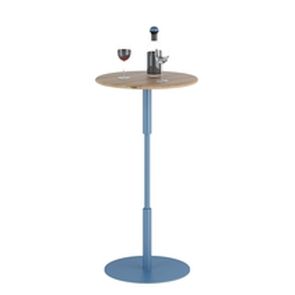 Барні столи
Барні столи  Кухонні комплекти
Кухонні комплекти  Декор
Декор 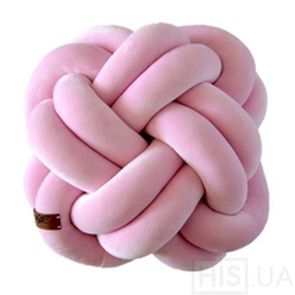 Подушки
Подушки 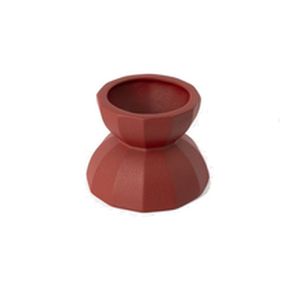 Свічки та підсвічники
Свічки та підсвічники  Дзеркала
Дзеркала  Пано, Живопис
Пано, Живопис  Килими
Килими  Вазони для квітів
Вазони для квітів 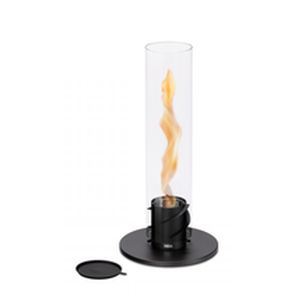 Біо каміни
Біо каміни 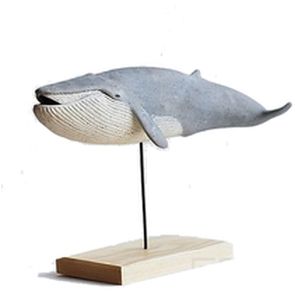 Настільний декор
Настільний декор  Настінні годинники
Настінні годинники  Вази
Вази  Аромати для дому
Аромати для дому  Дерев'яні мапи
Дерев'яні мапи  Стільці
Стільці  Табурети
Табурети  Барні стільці
Барні стільці  Лави
Лави  Стільці для дому та офісу
Стільці для дому та офісу  Офісні крісла
Офісні крісла  Пластикові стільці
Пластикові стільці  Геймерські крісла
Геймерські крісла  Поворотні стільці
Поворотні стільці  Дитячі меблі
Дитячі меблі  Дитячі ліжка
Дитячі ліжка  Дитячі стільці та крісла
Дитячі стільці та крісла  Дитячі столи
Дитячі столи  Дитячі гойдалки
Дитячі гойдалки  Шафи в дитячу кімнату
Шафи в дитячу кімнату 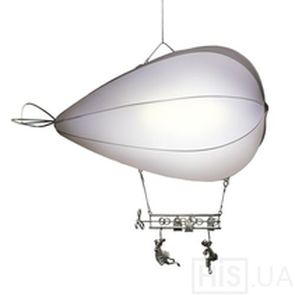 Освітлення в дитячу
Освітлення в дитячу  Сповивальні столики
Сповивальні столики  Комоди в дитячу кімнату
Комоди в дитячу кімнату  Ванна кімната
Ванна кімната  Рушникосушки
Рушникосушки  Раковини з бетону
Раковини з бетону  Аксесуари для ванної
Аксесуари для ванної  Ванни з литого каменю
Ванни з литого каменю  Освітлення
Освітлення 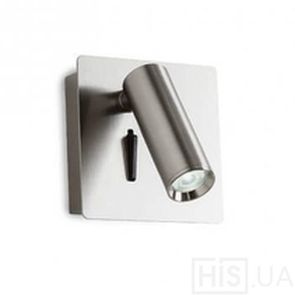 Бра
Бра  Люстри
Люстри  Настільні лампи
Настільні лампи  Торшери
Торшери 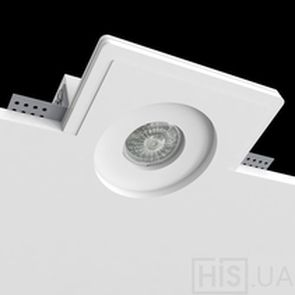 Вбудовані світильники
Вбудовані світильники 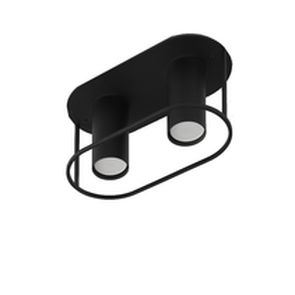 Стельові світильники
Стельові світильники 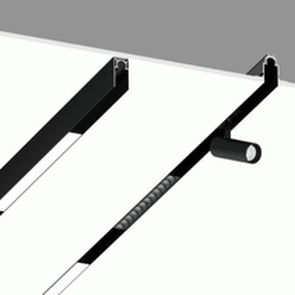 Магнітні системи
Магнітні системи  Трекові світильники
Трекові світильники  Вуличні світильники
Вуличні світильники 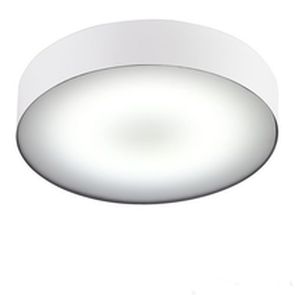 Світильники для ванної кімнати
Світильники для ванної кімнати 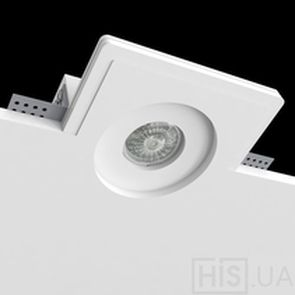 Гіпсові світильники
Гіпсові світильники  Акумуляторні лампи
Акумуляторні лампи  Акустичні світильники
Акустичні світильники  Шпалери
Шпалери  Вологтривкі шпалери
Вологтривкі шпалери  Вінілові шпалери
Вінілові шпалери  Текстильні шпалери
Текстильні шпалери  Шпалери з ручним розписом
Шпалери з ручним розписом  Стінові панелі
Стінові панелі  Звукопоглинаючі панелі
Звукопоглинаючі панелі  Килими
Килими  Матраси
Матраси  Меблі для офісу
Меблі для офісу  Комп'ютерні та офісні столи
Комп'ютерні та офісні столи  Стелажі для офісу
Стелажі для офісу  Офісне освітлення
Офісне освітлення  Вуличні меблі
Вуличні меблі  Садові стільці
Садові стільці  Садові крісла
Садові крісла  Садові столи
Садові столи  Садові барні стільці
Садові барні стільці  Акустичні перегородки
Акустичні перегородки  Кухні
Кухні  Кухонні комплекти
Кухонні комплекти  Інтер'єри
Інтер'єри  HoReCa
HoReCa  Інтер'єр будинку
Інтер'єр будинку  Інтер'єр квартири
Інтер'єр квартири  Суспільний інтер'єр
Суспільний інтер'єр  Інтер'єр офіса
Інтер'єр офіса  Інтер'єр пентхаусу
Інтер'єр пентхаусу  Інтер'єр магазину
Інтер'єр магазину  Смарт квартира
Смарт квартира  Фотографія
Фотографія 